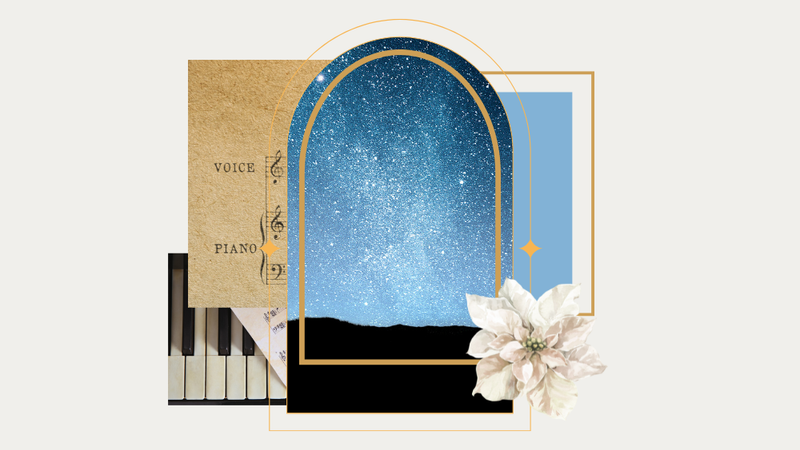“Long lay the world in sin and error pining, 'til He appeared and the soul felt its worth.” These lines from “O Holy Night,” first put to paper in 1847 by the French poet Placide Cappeau, seem to resonate a little more deeply each year I sing them. We cannot help but feel the immense brokenness and loss which accompanies life in a fallen world. But it is not all bleak midwinter. The very glory as of the only Son from the Father (John 1:14) has broken forth into our world. And by taking to himself our very humanity, body and soul, we have come to know our worth.
One of history’s great ironies is that Cappeau, a poet so profound for his ability to express the wonder and drama of the incarnation, died rejecting the very Savior he described. But this is nothing new. As Michael Horton observes in “Behold the Man!”: Why Jesus Makes Us Uncomfortable,” man so often perceives the incarnation as a threat. It is not a false god whom we fear, but the very God who comes to us in Christ—the one who beholds humanity in all its “hidden ignominy and ugliness.” But the gospel announces the good news: in Christ, God is no longer our adversary. In him, we discover our true humanity.
Behold the Man!”: Why Jesus Makes Us Uncomfortable
The incarnation is the picture of liturgy, “the Divine service.” It is God come down; meeting us by his Word in intimate communion. In his essay “In Christ Two Natures Met to Be Thy Cure,” Scott Swain reflects upon the implications of the incarnation: that “the Word became flesh.” Christ’s dual natures—divine and human—meet in one person that he might be our brother, redeemer, and Lord. Indeed, in Christ is our cure, and all pining will one day fade away as we behold the very glory of God in the incarnate Christ.
In Christ Two Natures Met to Be Thy Cure
At many times and in many ways, God promised that he would save his people. And the response of God’s people at all times has been to sing. Mary’s Magnificat (Luke 1:46–55) and Zacharias’ song (Luke 1:68–79) reflect the joy of God’s people as every one of the promises of the Old Testament find their ‘yes’ in Christ (2 Cor. 1:20). In “The First Christmas Carol,” Scott E. Churnock reflects upon the centrality of Christ’s redemption for the Christian’s music and worship.
The First Christmas Carol
Christians throughout history have reflected upon the mystery and seeming paradox of the incarnation. Jonathan Landry Cruse’s poem, “In the Manger,” considers the birth of Jesus, portraying him as the mighty Messiah, come in weakness; the very God in whom all things are held together (Col. 1:17) asleep in a manger.






